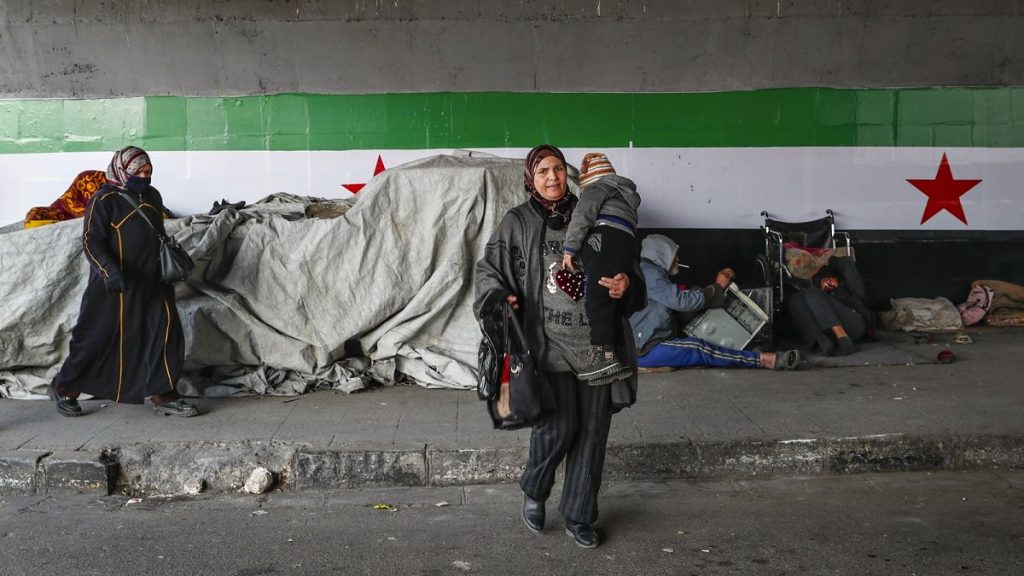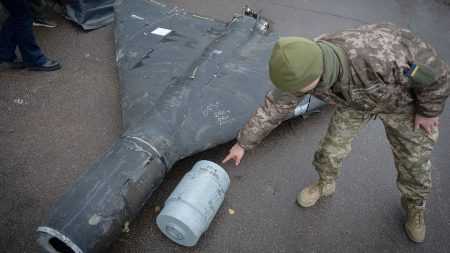The European Union, in a landmark decision, has initiated the process of easing its comprehensive sanctions against Syria. This move, endorsed by EU foreign ministers, represents a significant shift in the bloc’s policy towards the war-torn nation, following the overthrow of Bashar al-Assad’s regime by rebel forces led by Hayat Tahrir al-Sham (HTS). The sanctions relief, however, is not a blanket removal but a carefully calibrated “step-by-step approach” with a built-in “snapback” mechanism. This allows the EU to re-impose restrictions should the situation in Syria deteriorate or if the new authorities fail to adhere to their commitments. Initially, the easing of sanctions will tentatively focus on vital sectors like banking, energy, and transport, crucial for rebuilding the country’s devastated infrastructure and normalizing financial relations with the EU, which remains Syria’s largest international donor.
The decision to ease sanctions comes in response to HTS leader Ahmad al-Sharaa’s repeated appeals and the advocacy of humanitarian NGOs, who argue that sanctions relief is essential for facilitating aid delivery. The EU has conditioned this relief on a set of prerequisites, including the protection of religious and ethnic minorities, respect for human rights, including women’s rights, and the formation of a new, inclusive constitution. The Syrian authorities have indicated their willingness to cooperate, promising to establish a diverse committee of experts to draft the new constitution, ensuring representation from various factions within the country. The process of drafting and implementing the constitution, however, is expected to be lengthy, with estimates ranging up to three years, with further delays anticipated for elections due to the lack of a current census.
While this initial easing of sanctions marks a positive step, the EU remains cautious and vigilant. The temporary suspension, rather than a full repeal, underscores the bloc’s concern about the fragile situation on the ground and the potential for backsliding. The EU insists on observing tangible progress on the Syrian authorities’ commitments before considering further sanctions relief. These commitments include disbanding rebel forces, establishing a free-market economy, and terminating a long-standing military agreement with Russia. The EU recognizes the considerable challenges ahead and acknowledges the uncertainty surrounding HTS’s ability to deliver on its promises, making the “step-by-step” and conditional approach crucial.
EU member states have generally welcomed the developments in Syria and the decision to ease sanctions, but they remain realistic about the potential pitfalls. While hopeful for positive change, they acknowledge the need for continuous monitoring and the possibility of having to reinstate sanctions. This cautious optimism reflects the understanding that political transition in Syria is a complex and delicate process. The EU emphasizes the importance of inclusivity in decision-making and planning for the future, as well as firm measures to prevent the resurgence of extremist groups like the Islamic State.
The practical implementation of the sanctions relief will require translating the political agreement into concrete legal acts. Once these are in place, the suspension is expected to significantly impact trade and financial relations between the EU and Syria, which have been severely curtailed since the outbreak of the civil war. However, certain sanctions will remain in effect, reflecting ongoing security concerns. These include restrictions on weapons, surveillance equipment, chemicals, and dual-use technology. This targeted approach aims to prevent the misuse of these items while simultaneously enabling the flow of essential goods and services for reconstruction and humanitarian assistance.
Furthermore, the EU will maintain its blacklist of individuals and entities associated with the Assad regime. The designation of HTS as a terrorist organization also remains unchanged, aligning with the existing UN designation. While the EU is cautiously optimistic about the prospects for positive change in Syria, it acknowledges the persistent risks of radicalization, sectarian violence, and terrorism. This approach, combining cautious engagement with continued vigilance, aims to support Syria’s transition while simultaneously safeguarding against potential threats. The EU’s decision represents a crucial step in a long and complex journey towards peace and stability in Syria, and its success hinges on the continued commitment of all parties involved.










